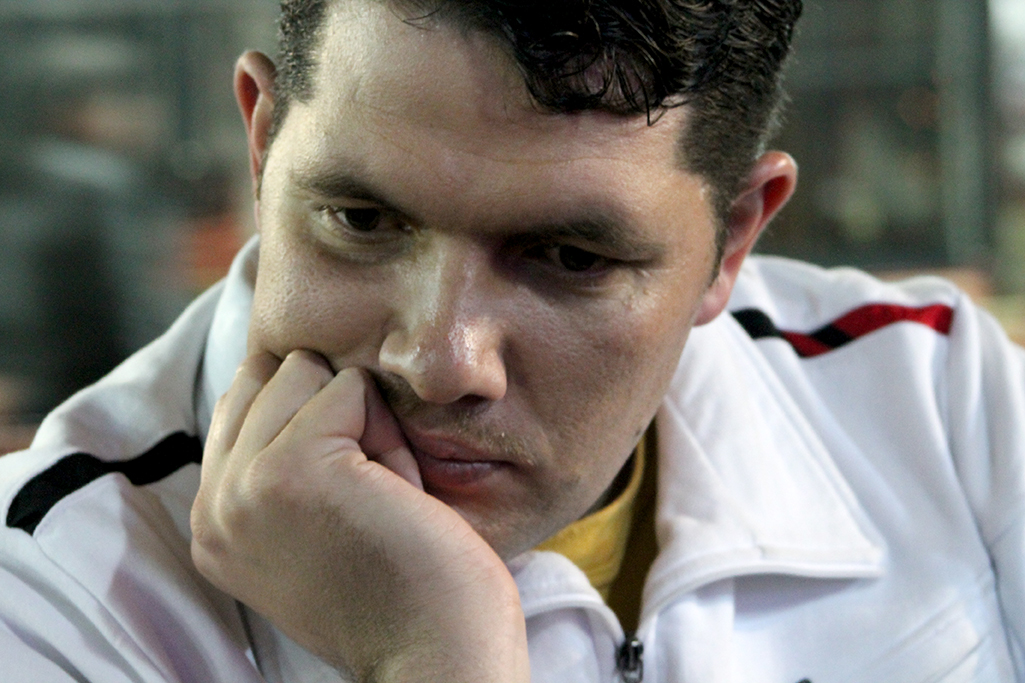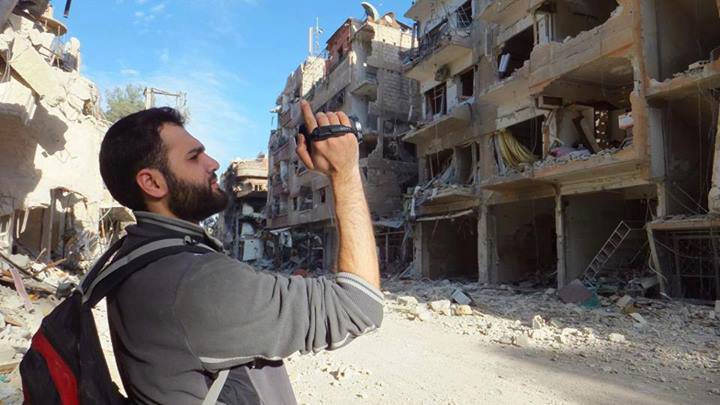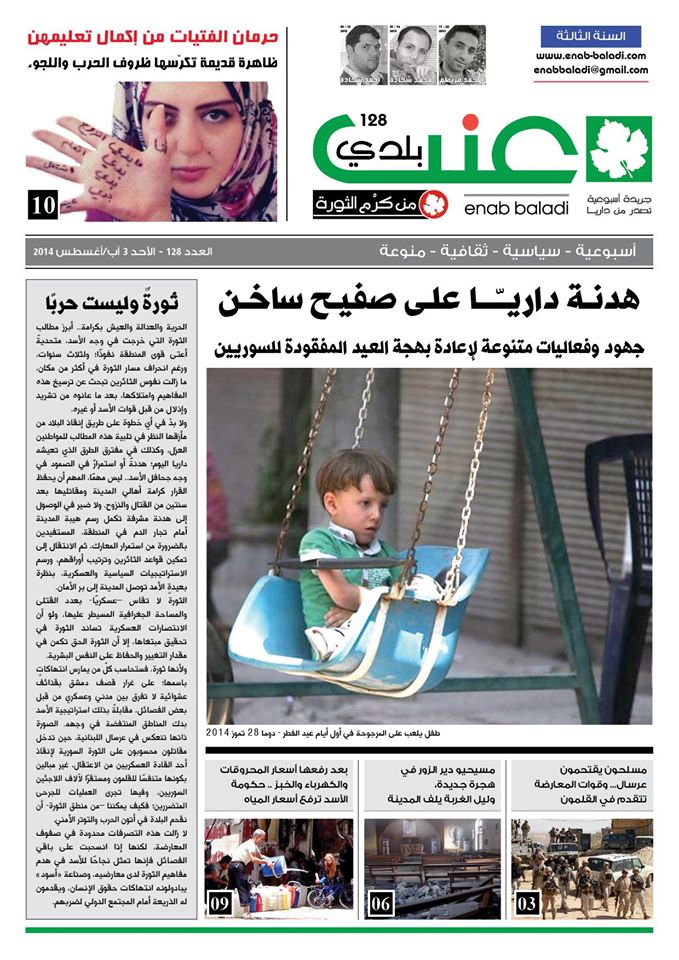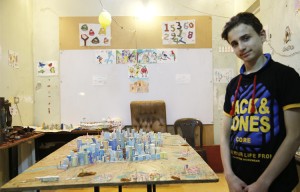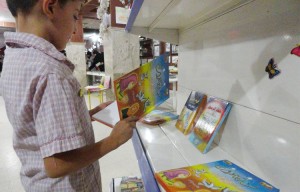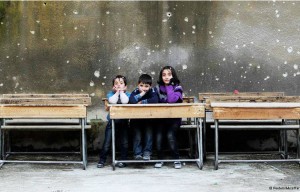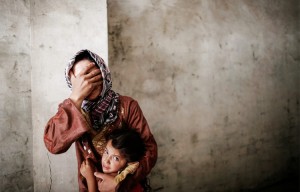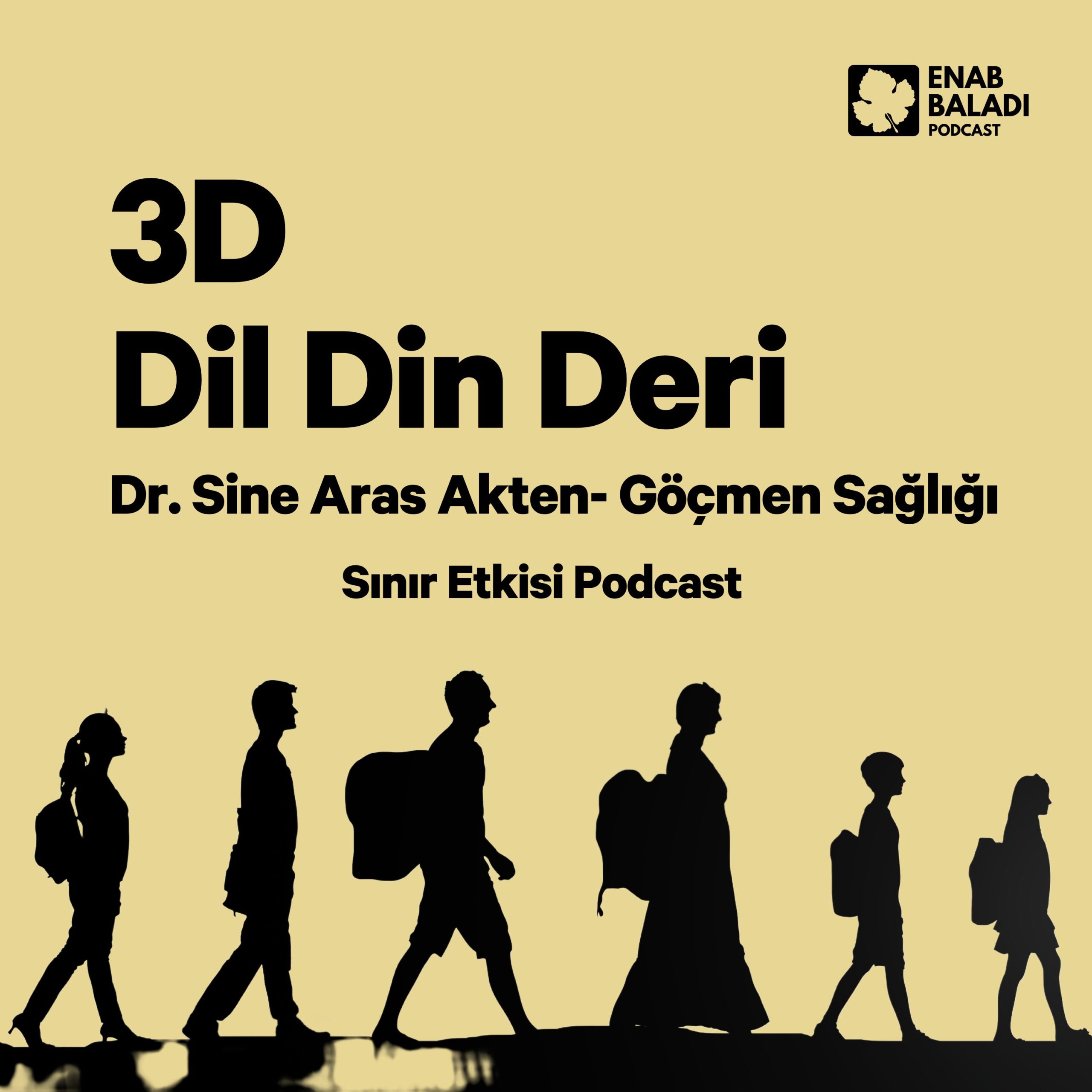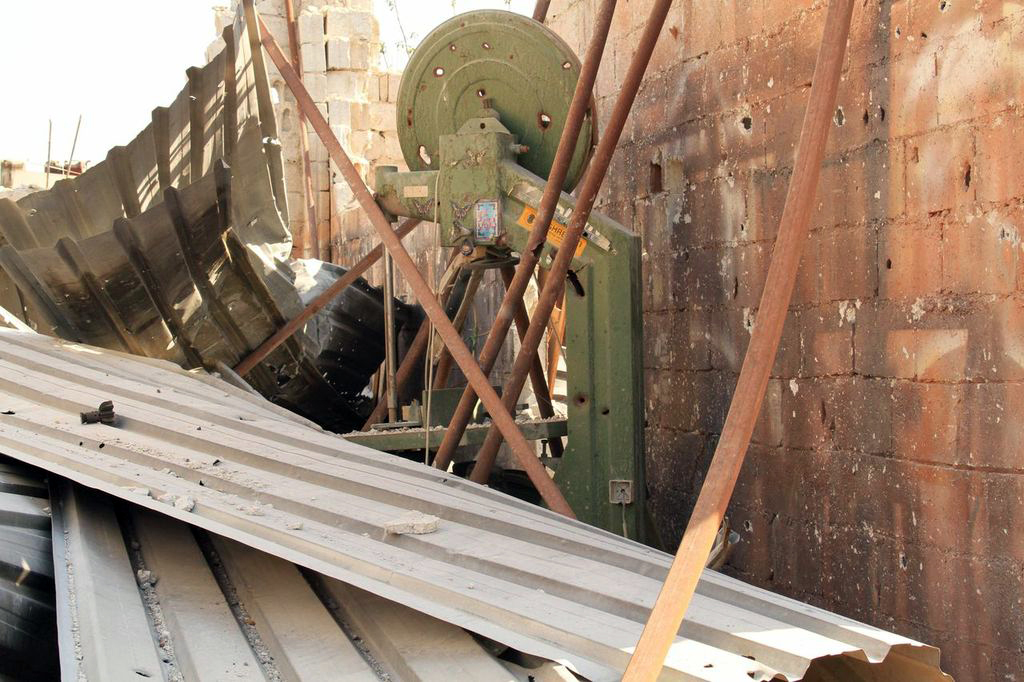
Furniture Manufacturing in Darayya… Where to?

Enab Baladi Issue # 79 – Sunday August 25, 2013

Woodworking industry seems to be widespread and dominant in a form of micro-enterprises. Each requires only a small paid-up capital of between 500,000 to one million Syrian pounds, and employs between 3 to10 workers.
Darayya’s woodworking industries include the production of sawn wood, wood-based panels and other wooden products, such as joinery and carpentry materials, and other wooden packaging and other wooden articles. Some other functions are connected to woodworking such as wood veneering, carving; polishing and upholstery are applied after the wood manufacturing process take place. Loading, transferability and delivery are also woodworking- related services.
Althawra Street is a major road that links the two ends of Darayya city. It is the city’s busiest and largest furniture-shopping street. It is home to a number of major stores that provide Damascus city and the majority of Damascus suburbs with wooden- manufactured products. Further Syrian cities like those coastal ones or those in north east Syria import their bedrooms and wooden products from stores located at Althawra Street.
In an interview with ‘Althawra’ newspaper at the 2nd of March, 2005, Darayya’s Mayor reported that the number of enterprises manufacturing furniture is estimated to be 2500 in Darayya only. He added that the number has increased significantly in the last five years, particularly in the areas of slums located in the outskirts of the city. Some carpenters and supplies dealers report a number of 10,000 wood workers or more in Darayya only.
However, like many other industries, woodworking has been badly affected by the regime’s campaigns against the revolutionary actions in the city. It has moved back woefully, particularly, after the first massacre committed by Al Assad’s regime in Darayya last August; wood supplies and tools were destroyed and a huge number of warehouses were either looted or burnt. Thereafter, this industry has completely stopped after the second military campaign against the city, where operations of destruction, arson and robbery have occurred. Thus, loss of million Syrian pounds was reported due to burning wood warehouses, stores and tools.
A field study has been done by the local Council of the city of Darayya to figure out the level of this industry’s retreat. The data collected has shown that 80% of the city’s buildings and stores have been destructed. Darayya has an official population of 250,000; they have been displaced leaving their properties behind and losing jobs and shops. Hence, tens of thousands of people have turned become unemployed including those who work in the carpentry sector, which has got that industry completely paralysed.
Micro-enterprises and carpentry shops in Darayya have been forming the socio-economic safety valve of the city, for their key role in providing the city’s youth with jobs, and helping them get constant and adequate incomes which decreases the level of poverty in the city.
Given the above-mentioned statements, and after nine months of the displacement of Darayya’s residents, financiers of this industry have run out of money and have no longer been able to run this kind of business. Here comes a serious question about the future of this industry! Is it possible for this industry to be resurrected? If yes, what are the mechanisms that should be followed to support it after the fall of the regime?
In order to bring this industry back into production as a socio-economic strut of the city, it is vital to develop plans for reconstruction as well as to look for funding resources. Therefore, the local Council of the city of Darayya should consult economics’ experts and specialists about the essential procedures that should be followed. Some of them may be:
1. A rescue plan to support micro-enterprises of furniture manufacturing; including, reconstructing and repairing warehouses and shops that have been wrecked.
2. A compensation plan for woodworkers whose shops and warehouses have been destroyed, so that they return to the production cycle.
3. A fundraising plan which aims to find and encourage flagship enterprises which have an interest in financially supporting this industry.
In conclusion, human resources are our only source of optimism. Therefore, we rely on woodworkers who can revive this industry when stable working conditions and financial support are provided.
اذا كنت تعتقد/تعتقدين أن المقال يحوي معلومات خاطئة أو لديك تفاصيل إضافية أرسل/أرسلي تصحيحًا
إذا كنت تعتقد/تعتقدين أن المقال ينتهك أيًا من المبادئ الأخلاقية أو المعايير المهنية قدم/قدمي شكوى
-
تابعنا على :




